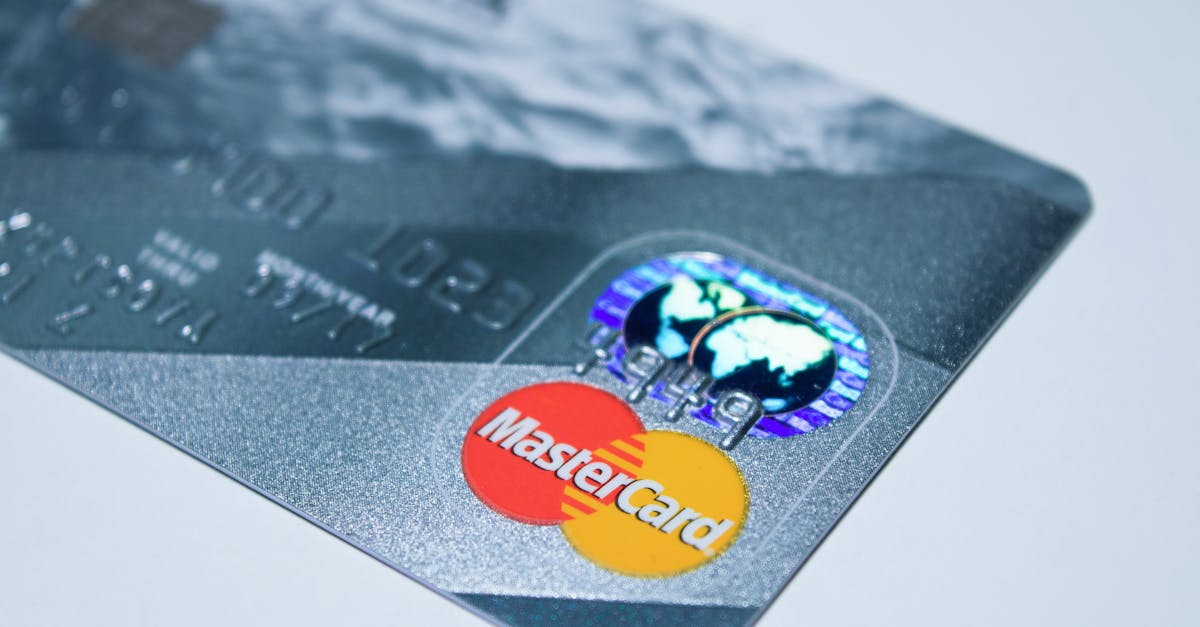
Introduction to the Best Bank Accounts
In today's fast-paced financial environment, finding the best bank account to manage your finances effectively can be overwhelming. With numerous banks offering diverse features, it’s essential to determine which suits your needs. This article unravels the complexities to help you discover the best bank account options available.
Understanding Different Types of Bank Accounts
Bank accounts are broadly categorized into checking, savings, CDs, and money market accounts. Each serves a distinct purpose, from everyday transactions to long-term savings. Knowing the specific features and advantages helps tailor your banking to fit your financial goals. Understanding these categories forms the foundation for choosing the right account.
Checking Accounts for Everyday Transactions
Checking accounts are designed for frequent transactions, allowing you easy access to your money. Features often include debit cards, checkbooks, and online banking. Many banks offer free checking, while some provide rewards or interest to account holders. It's vital to compare fees, accessibility, and additional services when choosing a checking account.
Key Benefits of Savings Accounts
Savings accounts prioritize preserving your funds, offering interest on your balance, albeit at lower rates than certificates of deposit or investments. These accounts are vital for building an emergency fund or saving for significant expenses. Choose accounts with competitive interest rates and favorable terms for early withdrawals to maximize growth.
Certificates of Deposit: A Fixed Savings Option
Certificates of Deposit (CDs) are fixed-term deposits that offer higher interest rates than regular savings accounts. They require committing your funds for a set period, from months to years. CDs are ideal for achieving specific savings goals with guaranteed returns, provided you can lock away the money without needing it prematurely.
Flexible Growth with Money Market Accounts
Money Market Accounts combine features of both checking and savings, typically offering higher interest rates while allowing limited transactions. These accounts are ideal for those needing occasional access to their savings while benefiting from better interest returns. They often require a higher minimum balance, so consider this when selecting one.
Exploring Online-Only Banking Options
The rise of online banks has introduced accounts with competitive benefits, often omitting maintenance fees and offering higher interest rates. These institutions provide robust online platforms and customer support without the cost of physical branches. When selecting an online-only bank, ensure it’s FDIC-insured to safeguard your deposits.
Opening a Joint Account for Shared Finances
Joint accounts are practical for managing shared expenses, often between couples or family members. They provide shared access to balance management, promoting financial planning transparency. It is essential to trust your joint account holder fully and discuss spending habits and saving goals for a successful financial partnership.
Key Considerations in Choosing the Best Account
When selecting a bank account, assess factors like fees, accessibility, interest rates, and associated perks. Identify whether online or branch-based banking suits your needs and consider the bank's reputation and customer service. Align these factors with your financial objectives to select an account that best suits your lifestyle.
Conclusion and Next Steps
Choosing the best bank account involves understanding various account types and their unique benefits. Assess personal financial goals and habits to guide your decision-making. By choosing wisely, you can optimize your banking experience and financial growth, ensuring a secure and prosperous financial future.